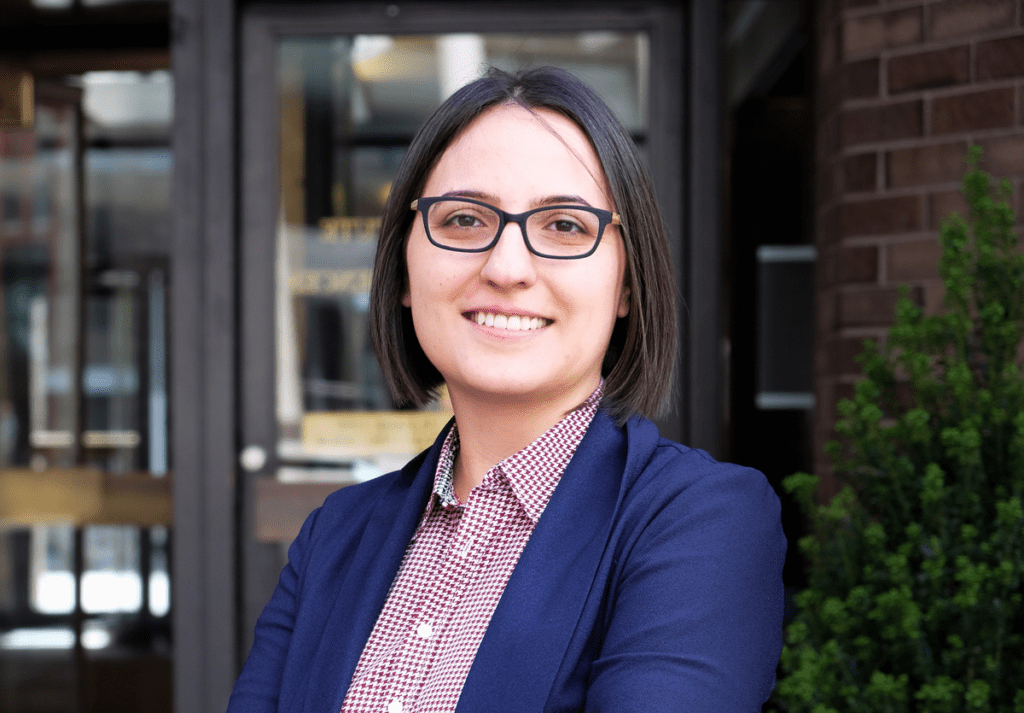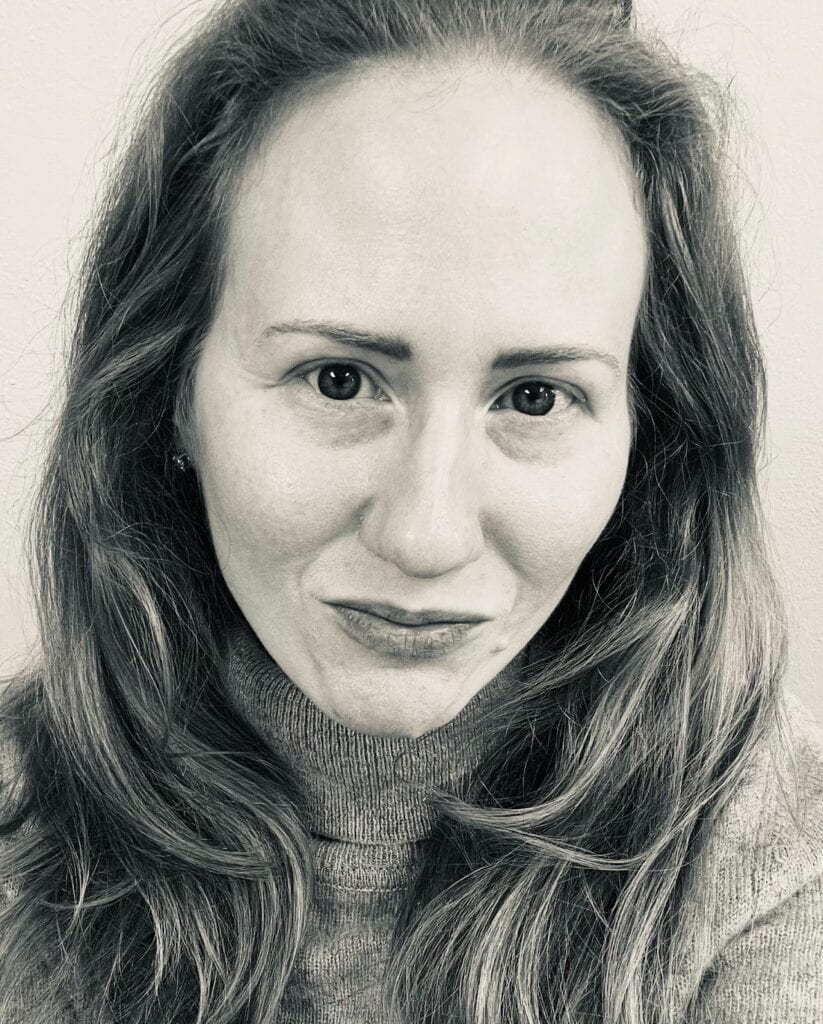Author: Rishika Ajay Tulsyan
Protected: CESS Recruitment System Tutorial – Payment & Receipts
Protected: CESS Recruitment System Tutorial – Viewing Subject List, Taking Attendance, and Editing (Add/Remove) Subjects List
Weekly Seminar – December 5: Spencer Yongwook Kwon (Brown University), “Persuasion Through Cues”

Date: December 5th, 2024 (12:30 pm – 1:30 pm)
Speaker: Spencer Yongwook Kwon
Paper Title: Persuasion Through Cues
Abstract: We describe and experimentally test a model where an agent facing a complex decision forms beliefs by simulation: sampling scenarios and assessing the utility of the decision only among those that come to mind. Crucially, this sampling is subject to cuing: scenarios similar to the agent’s current context are more easily simulated, and a persuader can manipulate the agent’s beliefs by altering this context. Even objectively uninformative messages simply highlighting known aspects of the problem can be persuasive if they facilitate simulation of otherwise neglected scenarios. Experimentally, participants’ beliefs (both about a random process and about others’ actions in a dictator game) are highly susceptible to such persuasion through simulation. We then apply the model to several economic settings to ask what products, financial assets, and political positions agents can be persuaded to choose.
Bio: Spencer Yongwook Kwon is an assistant professor of economics at Brown University. His main research interest is to understand how people respond to information, and to explore financial and macroeconomic implications. His work uses a variety of methods, including lab experiments, theoretical modeling, and empirical asset pricing.
Weekly Seminar – November 21: Nina Caroline Buchmann (Yale University), “Paternalistic Discrimination”

Date: November 21th, 2024 (12:30 pm – 1:30 pm)
Speaker: Nina Caroline Buchmann
Paper Title: Paternalistic Discrimination
Abstract: We combine two field experiments in Bangladesh with a structural labor model to define and test for paternalistic discrimination, the differential treatment of two groups to protect one group—even against its will—from harmful or unpleasant situations. We observe real hiring and application decisions for a night-shift job that provides safe worker transport home at the end of the shift. In the first experiment, we vary employers’ perceptions of job costs to female workers by experimentally varying information about the transport but holding taste-based and statistical discrimination constant. Not informing employers about the transport decreases demand for female labor by 22%. However, employers respond significantly less to a cash payment to female workers that would allow them to purchase safe transport themselves. This suggests that employers paternalistically prevent women from making their own choices. In the second experiment, not informing applicants about the transport reduces female labor supply by 15%. In structural simulations that combine the results of both experiments, eliminating paternalistic discrimination reduces the gender employment gap by 24% and increases female wages by 21%.
Bio: Nina Buchmann is a postdoctoral fellow in the Yale Economics department and will join UC Berkeley’s Economics department as an Assistant Professor in 2026. Her primary fields are development economics and behavioral economics. She is particularly interested in studying gender inequality in the household and the labor market.
Weekly Seminar – November 14: Ala Avoyan (Indiana University), “How do Groups Speak and How are They Understood?”

Date: November 14th, 2024 (12:30 pm – 1:30 pm)
Speaker: Ala Avoyan
Paper Title: How do Groups Speak and How are They Understood? (with Paula Onuchic)
Abstract: We experimentally study an environment where a group of senders communicates with a receiver by disclosing or not disclosing a realized outcome. Group members have distinct preferences over disclosure/non-disclosure, and must aggregate their interests into a single group disclosure decision. We establish a relationship between the aggregation procedure used by the group and the receiver’s interpretation of the group’s “no disclosure messages.” Generally, group members who have more power over the group’s disclosure decision are regarded with more skepticism when the group fails to disclose. In a group disclosure setting, we find that the observer can be both not sufficiently skeptical or too skeptical relative to theoretical predictions. Finally, we highlight that, in practice, the interpretation of communication from a group differs from that of individual communication, even when these are theoretically equivalent.
Bio: Ala Avoyan is an Assistant Professor of Economics at Indiana University. She received her PhD in economics at NYU.
Her primary research interests are in experimental and behavioral economics as well as micro theory.
Weekly Seminar – September 19: Kareen Rozen (Brown University), “Caution in the Face of Complexity”

Date: September 19th, 2024 (12:30 pm – 1:30 pm)
Speaker: Kareen Rozen
Paper Title: “Caution in the Face of Complexity” (with coauthors Geoffroy de Clippel, Paola Moscariello, and Pietro Ortoleva.)
Bio: Kareen Rozen is interested in both theory and experiments. Her work often touches upon the foundations of behavioral economics but has spanned other topics as well. She is currently a Co-Editor at the American Economic Journal: Microeconomics. She was previously an editor at the Review of Economics and Statistics.
If you are interested in economic experiments at Brown, learn more about the Brown University Social Science Experimental Laboratory (BUSSEL).